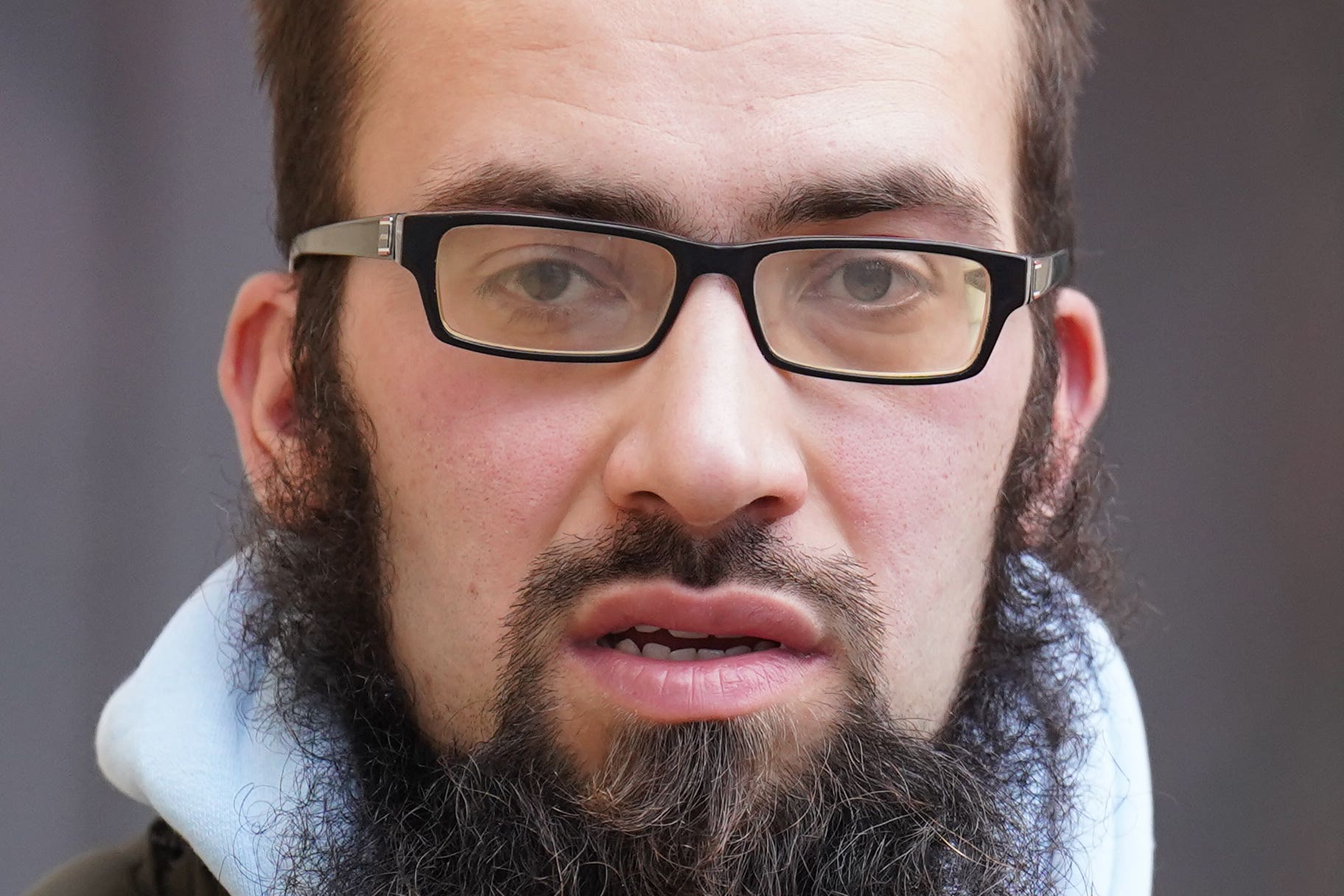Man who travelled from Yorkshire to London to attack Jewish people sentenced
Abdullah Qureshi, 31, travelled from Dewsbury to Stamford Hill in east London where he attacked three passers-by, a court heard.

A 31-year-old man who travelled almost 200 miles to attack Jewish people has been banned from contacting his victims for 10 years.
Abdullah Qureshi, 31, travelled from Dewsbury in West Yorkshire to Stamford Hill in east London, which has a large Jewish population, before assaulting three passers-by he believed were Jews because of the clothes they were wearing. .
He was sentenced at Wood Green Crown Court to a hospital order under the Mental Health Act as well as being banned from contacting his victims and entering the London borough of Hackney, where the attacks took place, for a decade.
He hit a teacher on the head with a bottle, attacked a 14-year-old boy on his way to school and punched a 64-year-old man on his way to a synagogue over a two-hour period on August 18 2021.
His third victim said the attack has left him with post-traumatic stress disorder.
I used to be walking the street tall and strong and confident and now I’m just a cowardly wreck
His trial at Stratford Magistrates’ Court heard the defendant was playing Arabic music on his mobile phone before he hit teacher Chaine Greenfeld in the head with a bottle as he stood in the street at around 6.40pm.
“I felt shocked,” Mr Greenfield said while giving evidence from behind a screen.
He added: “When I came home, I was quite traumatised and it traumatised my kids that their father was slapped like that in the road.”
Asked why he thought he was attacked, Mr Greenfeld said: “He wanted to attack me about I’m another religion – that I’m Jewish.”
Qureshi slapped the 14-year-old, who cannot legally be named because of his age, as he walked to an orthodox Jewish school at about 7.45pm.
The teenager said in a statement read to the court: “The man said nothing to me and just slapped me and walked away.
“That’s not good for me or anyone who is Jewish or anyone else. That must not happen to anyone.”
Jacob Lipschitz, then 64, was walking to the synagogue at about 8.30pm when he was punched on the ear with “tremendous power” by the defendant.
He hit his head on the wall of a building with “such force” it left him unconscious.
He was left with broken glasses, facial bruising, a sprained ankle and four breaks in his foot, which twisted as he collapsed.
Mr Lipschitz said he was “traumatised” by the attack and left with post-traumatic stress disorder.
He added: “I used to be walking the street tall and strong and confident and now I’m just a cowardly wreck. Any noise, I jump.”
Asked why he believes he was targeted, Mr Lipschitz told the judge: “I imagine he didn’t like me, I will be honest with you, sir, because I’m Jewish.”
Qureshi told his trial “it was just a coincidence” his three victims were all wearing traditional orthodox Jewish clothing.
He was found guilty in November of inflicting religiously aggravated grievous bodily harm and two counts of religiously aggravated assault by beating.
The only thing which connected his victims was their Jewish faith
District Judge John Law said he was drawn to the “inescapable conclusion” that the defendant picked out his victims because of their faith.
Qureshi had pleaded guilty to two of the assaults without the religiously aggravated element, which was initially acceptable to the prosecution.
However, prosecutors were allowed to reinstate the original charges following complaints from campaigners.
Varinder Hayre, District Crown Prosecutor, and London North’s hate crime lead, said: “Qureshi, who travelled from West Yorkshire, carried out a series of antisemitic attacks on the Jewish community.
“The only thing which connected his victims was their Jewish faith.
“Hatred of any kind has no place in society. This sentence should serve as a strong deterrent to those thinking of committing similar crimes.
“I would like to thank the three victims for coming forward and supporting the prosecution.
“I am very pleased that we have achieved justice for the victims who were badly affected by this unprovoked, antisemitic, religiously aggravated hate crime.
“Indeed, no one in our society should be targeted because of who they are or what they do.
“Hate crimes – including antisemitism – have a corrosive effect on society. We will always prosecute where there is sufficient evidence to do so.”
Bookmark popover
Removed from bookmarks